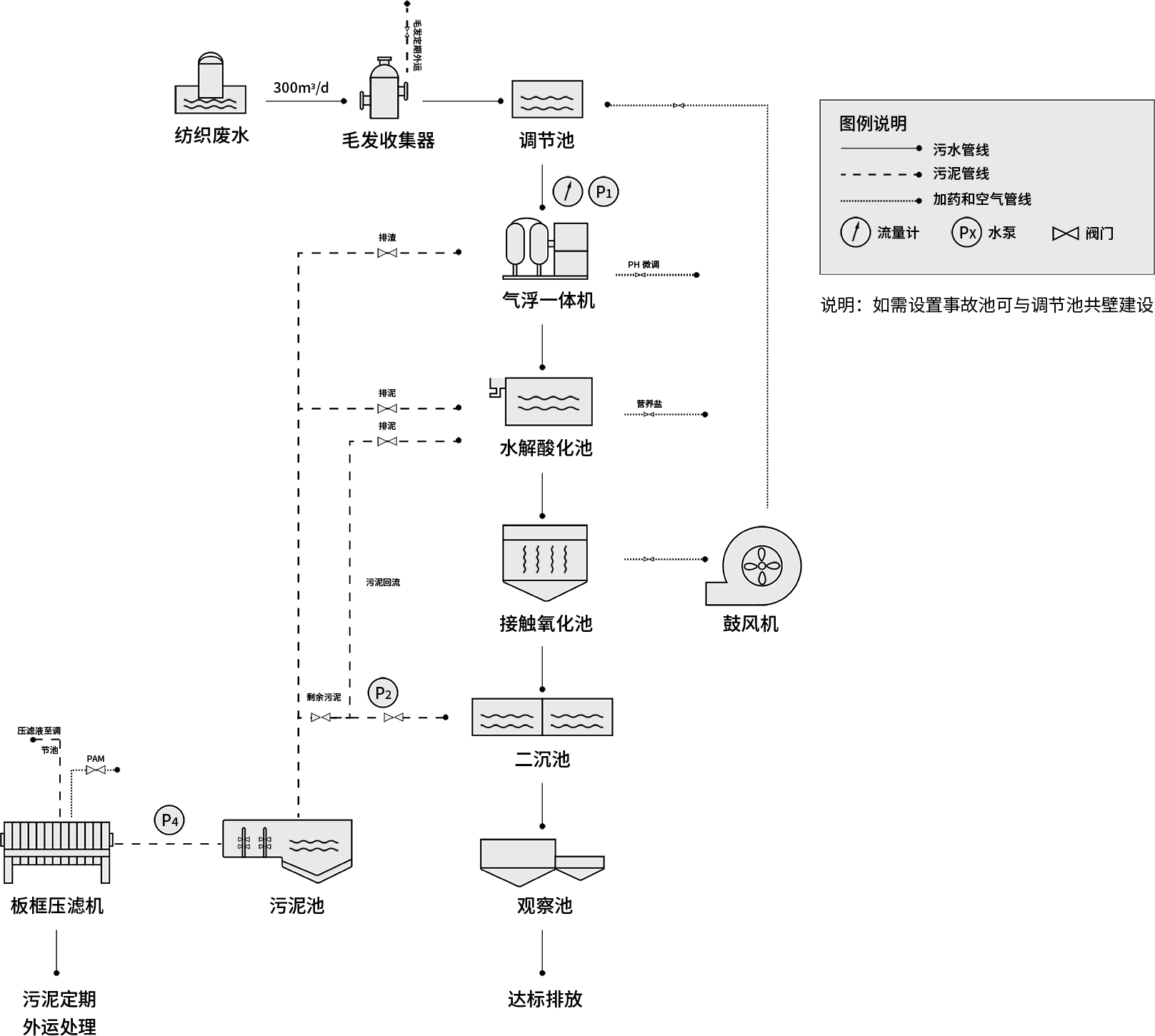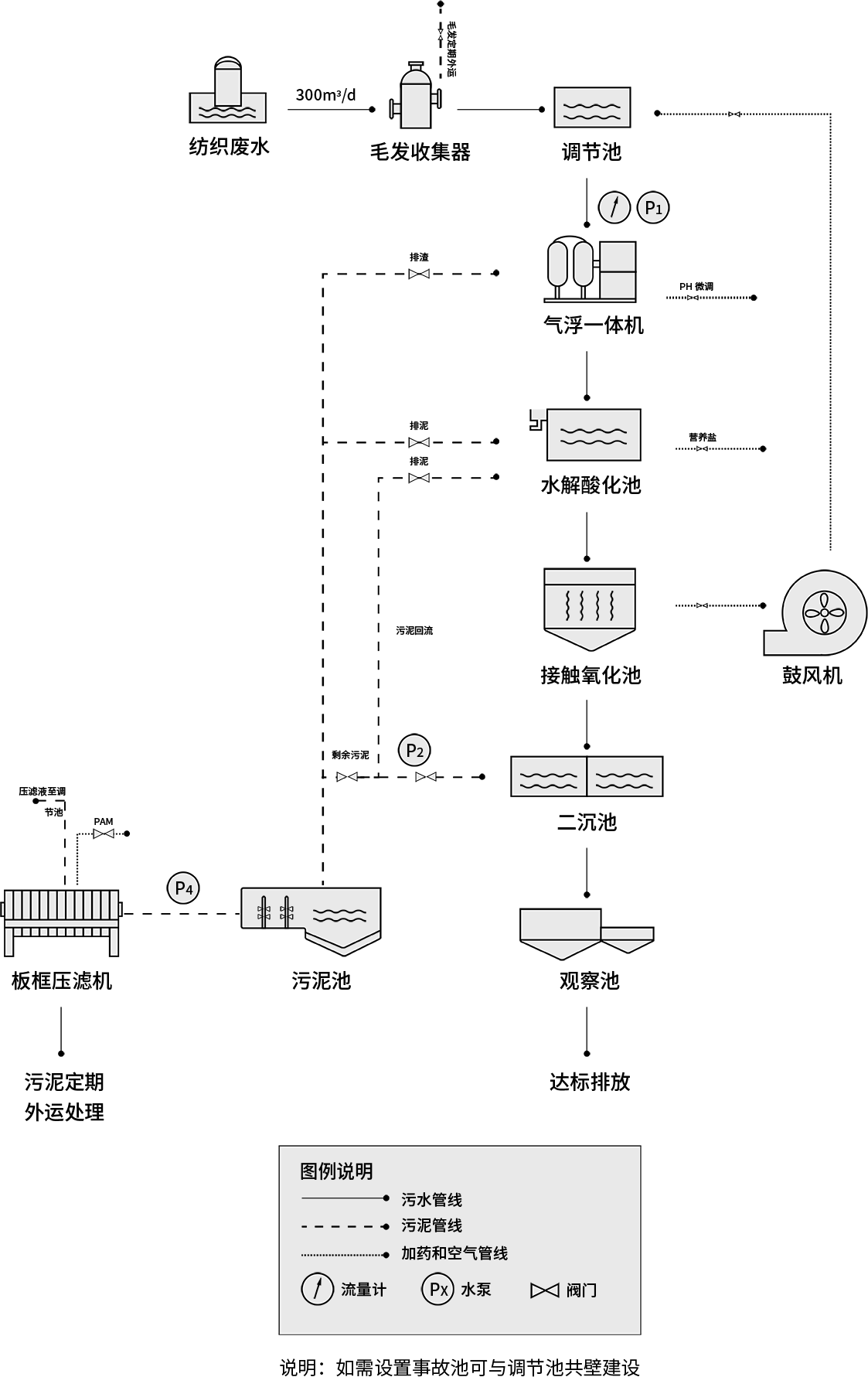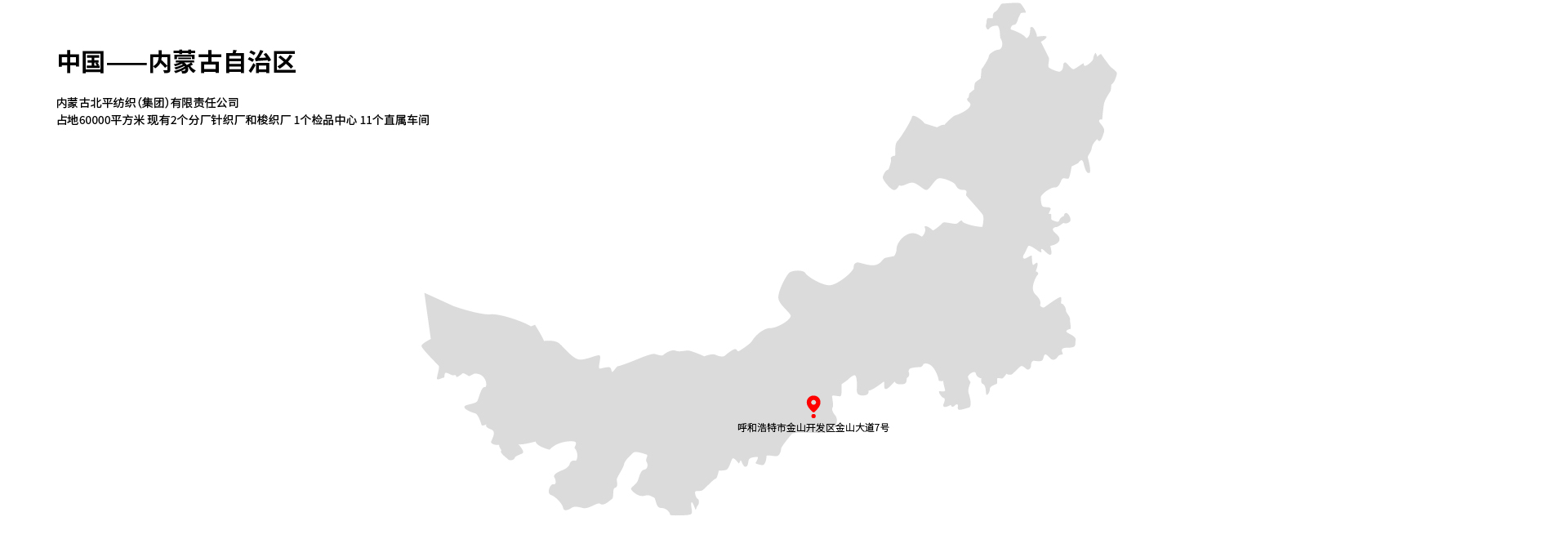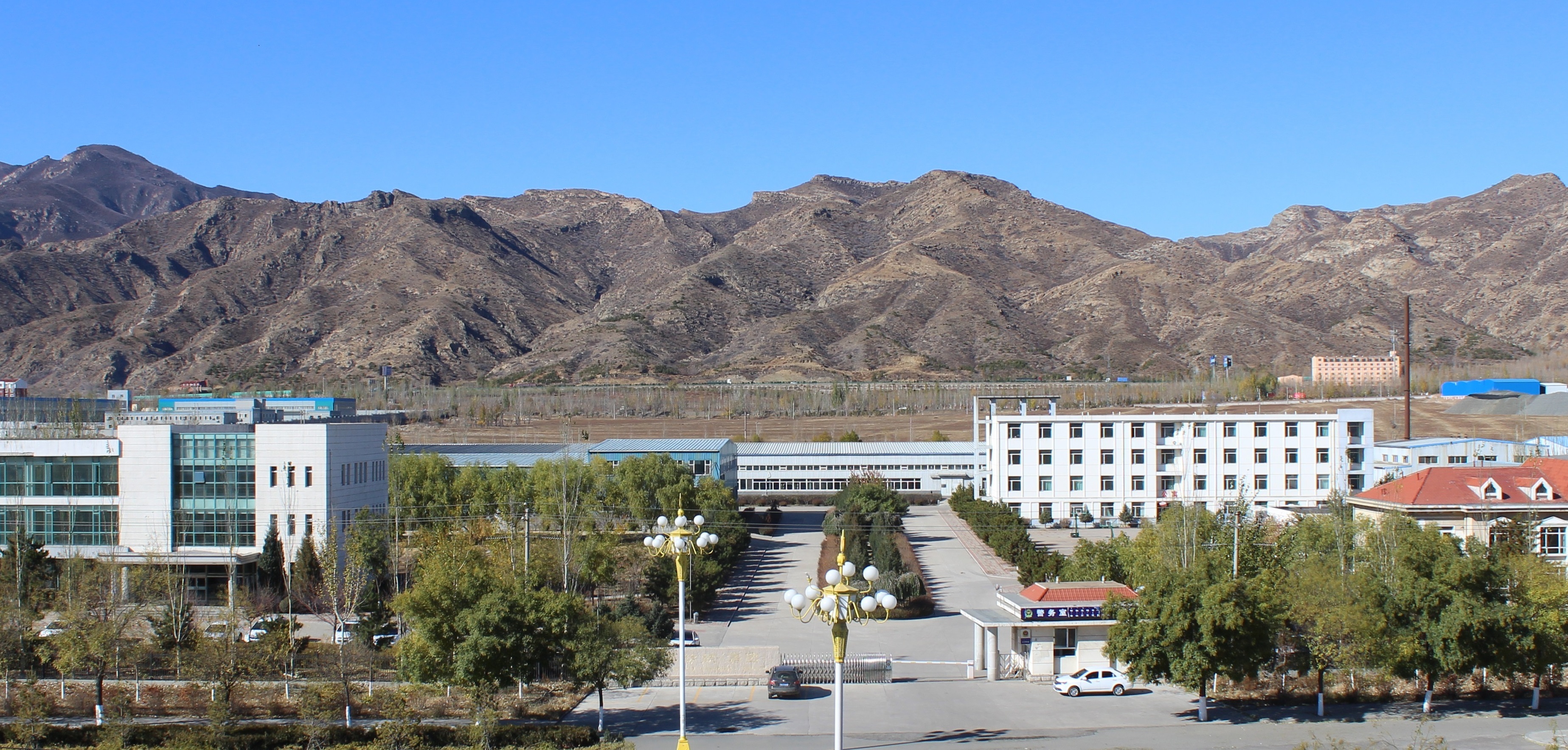Enterprise brief introduction
Inner Mongolia Beiping Textile Co., Ltd. is an international cashmere products group company integrating design, production and sales. The company was established in September 2005, the headquarters and production base is located in Jinshan Development Zone, Hohhot City, Inner Mongolia Autonomous Region. The COMPANY HAS A wholLY-OWNED OVERSEAS SUBSIDIARY, Japan HAOSEN CO., LTD., WHICH INTEGRATES PLANNING, DESIGN AND MARKETING, AND Shanghai BeiTIAN TOTAL INTERNATIONAL TRADE CO., LTD., WHICH CONNECTS domestic AND foreign CIRCULATION AND TRADE HUBS.
The company covers an area of more than 60,000 square meters, the total construction area of more than 30,000 square meters, the total assets of 450 million yuan, the annual export earned foreign exchange and independent brand overseas sales of 27 million US dollars. In 2014, the company officially became the vice president unit of "Inner Mongolia Leading Enterprise Association". In 2016, it was identified as the "key leading enterprise of agriculture and animal husbandry industrialization in Inner Mongolia Autonomous Region" by the regional government.
The company specializes in the development, production and sales of all kinds of cashmere wool scarves, shawls and cashmere sweaters. At present, the company has 2 production branches, 1 inspection center and 11 directly affiliated production workshops. From raw material procurement to finished product production, inspection and shipment are all completed by the company independently. The production process from carding - dyeing - spinning - weaving - after finishing - repair - finished products form a train line operation.
The company makes full use of the high quality cashmere and fine wool from Inner Mongolia, develops new yarn with independent intellectual property rights, organizes and designs new products with different styles, continuously develops the ODM business of the group, and strives to reduce the proportion of OEM products which are originally processed by OEM. At the same time, we will further strengthen the construction of independent brands "Toute Fois" and "Natural Color", so that the enterprise can realize its own industrial upgrading in a real sense.
In the early days of its establishment, the company acquired an international brand "Toute Fois" of the famous department store company in Japan, and took this opportunity to occupy the famous shopping malls in the Japanese market, so that the enterprise has independent planning, design, marketing of the new SPA international industry model. From 2009 to 2010, it acquired Dong-A Garment Co., LTD., a century-old cashmere sweater factory in Tokyo, Japan, realizing the leap of having its own cashmere sample factory in Tokyo, Japan, a developed country in the world, which is in a leading position in the domestic industry.
In 2019, we launched Erlangshan Ranch Branch of Inner Mongolia Beiping Textile Co., LTD. Erlang Mountain Ranch Branch has 8 national and autonomous region level sheep farms, 40,000 mu of natural grassland and nearly 2000 high-quality Erlang mountain white cashmere breeding goats. In order to meet the needs of modern industry development, the company decided to build a modern ecological demonstration breeding farm. The total planning area of the project is 5,000 mu, including 63.3 mu of ecological grassland, 16.9 mu of sheep farm and 19.8 mu of cultural center. The modern ecological demonstration sheep farm has seven functional areas: core breeding area, breeding center, automatic detection area, organic fertilizer and feed experimental area, desert grassland herbage variety research and development area, human, grass and animal ecological environment sustainable development research and development area and grassland ecological sightseeing area. Through the research and practice of grassland restoration and utilization, grassland inadequate irrigation, and ecological benefit animal husbandry, it is a sustainable modern business model in which grassland animal husbandry is utilized in protection, protected in utilization, realized superior industry in ecological protection, demonstration and experience.
Dyeing factory
The dyeing factory covers an area of 1800 m2, with an office area of 192 m2 and 15 management and technical personnel. There are a variety of quality control equipment, such as datorcol color tester, intelligent proofing machine, color standard light source box, rubbing fastness tester, perspiration fastness tester, pilling fastness tester, soaping fastness tester, covering rate tester, sun fastness tester, etc.
Dyeing workshop
A variety of quality control equipment, such as datorcol colorimeter, intelligent proofing machine, color standard light source box, friction fastness meter, sweat fastness meter, pilling fastness meter, soap washing fastness meter, coverage rate detector, sunlight fastness meter, etc. Adopt the reactive dyes that meet the environmental protection requirements of Oeko tex Standard 100. It can be used to dye cashmere, wool, cotton, silk, hemp, nitrile and their blended fibers, yarns and grey fabrics. It has 6 dyeing methods, i.e. disperse dyeing, hank dyeing, drum dyeing, garment dyeing, hanging dyeing and matching dyeing, with a single day capacity of 2300kg.
Sewage treatment process


Sewage treatment plant
The sewage treatment plant is designed and constructed by Harbin Chenneng University of Technology Environmental Protection Technology Co., Ltd. The design scale is 300 cubic meters per day with a total investment of 5.8172 million yuan. After treatment, the wastewater can meet the discharge standards of "water quality standard for sewage discharged into urban sewers" and "discharge standard for water pollutants of textile dyeing and finishing industry". The specific effluent indexes are as follows: pH = 6.0 ~ 9.0; Suspended solids ≤ 100mg / L; BOD5≤25mg/L; Cod ≤ 200 mg / L; Ammonia nitrogen ≤ 20mg / L.
The company will strictly implement the relevant national laws and regulations, strictly control the production process according to the process requirements, and do its part for the energy conservation and emission reduction work of Hohhot.
Introduction of spinning plant, photos, process, process control, etc
At present, the company has two roving mills with more than 80 management and technical personnel. One is mainly woven yarn, covering an area of 2300 m2. The spinable raw materials include cashmere, wool, viscose and other chemical fibers. The spinable yarn count is 10nm / 1 ~ 24nm / 1, and the single day production capacity is 1000 kg. The other mainly spins knitted yarn, covering an area of 3500 m2. The spinable raw materials include cashmere, wool, viscose and other chemical fibers. The spinable yarn count is 10nm / 1 ~ 36nm / 1, and the single day production capacity is 2000 kg.
纺纱工厂的介绍,照片、流程、工艺控制等2
Introduction of spinning factory, photos, process, process control,
One is mainly woven yarn, covering an area of 2300 ㎡. It can be spun from cashmere, wool, viscose and other chemical fibers. It can be spun from 10nm / 1 to 24nm / 1, with a daily production capacity of 1000 kg. The other is mainly spinning and knitting yarn, covering an area of 3500 ㎡. It can be spun from cashmere, wool, viscose and other chemical fibers. It can spin 10nm / 1-28nm / 1, with a single day capacity of 2000 kg.
Knitting workshop
The needle workshop mainly produces various types of products such as sweater scarves, shawls, hat gloves and other raw materials such as cashmere and wool. The workshop covers an area of 1500 m2. It has more than 40 computer horizontal machines such as Japanese island precision machine and domestic Cixing machine, and more than 30 needle type mouth mufflers, a total of 80 front-line employees and various technical personnel, with the ability to complete jacquard and caulking, The annual production capacity of the products of various types of technology such as twist flower is more than 100000 knitwear, over 200000 scarves and shawls, and more than 200000 accessories such as hat gloves.
Weaving workshop
The weaving workshop includes a weaving workshop with a total area of about 2500 m2 and a machine rubbing workshop with an area of 500 m2. There are more than 100 employees and various technical personnel in total. The weaving workshop is equipped with more than 80 advanced production equipment such as rapier loom, small jacquard loom and large jacquard loom, and the machine rubbing workshop is equipped with 4 Italian imported ear rubbing machines, It can realize the development and production of cashmere and wool scarves and shawls of various organizational styles, with an annual production capacity of 1.5 million.
Finishing workshop
There is a worsted production line and a woolen production line in the finishing workshop, covering a total area of about 1600 square meters. There are more than 30 technicians and managers who have been engaged in the industry for many years. They can skillfully master the process operation of various products, and can meet the needs of customers for different styles of products.
Finished product workshop
The finished product workshop is to inspect the finished products in terms of specifications, fabric defects, etc., at the same time, sort out the auxiliary materials and cleanliness of the products, and eliminate the defective products.
The whole finished product workshop covers an area of about 1300 square meters, with more than 50 skilled workers, including the initial inspection of finished products, cutting, nailing, hair beating and other processes.
Inspection Center
The inspection workshop, including garment inspection, packaging, needle inspection and other links, is the last link to eliminate defective products. At present, there are more than 30 excellent employees and management personnel in various categories. The workshop covers an area of more than 2000 square meters. Through the inspection process in line with international quality standards, fine inspection covers every product to ensure that the qualified rate reaches 100%.


